“To Kill a Mockingbird” by Harper Lee
Overview:
Harper Lee’s “To Kill a Mockingbird” is a poignant coming-of-age story set in the racially charged atmosphere of the American South. Through the eyes of young Scout Finch, the novel explores themes of racial injustice, morality, and compassion as her father, lawyer Atticus Finch, defends a black man falsely accused of raping a white woman. With its powerful narrative and memorable characters, the novel continues to resonate with readers of all ages.
Critics Take:
Critics laud “To Kill a Mockingbird” for its masterful storytelling and timeless themes, praising Lee’s ability to tackle complex social issues with sensitivity and depth. However, some have criticized its portrayal of race relations, arguing that it perpetuates a “white savior” narrative and fails to fully capture the experiences of African Americans. Despite these debates, the novel remains a beloved classic and an essential read for understanding the complexities of race and justice in America.
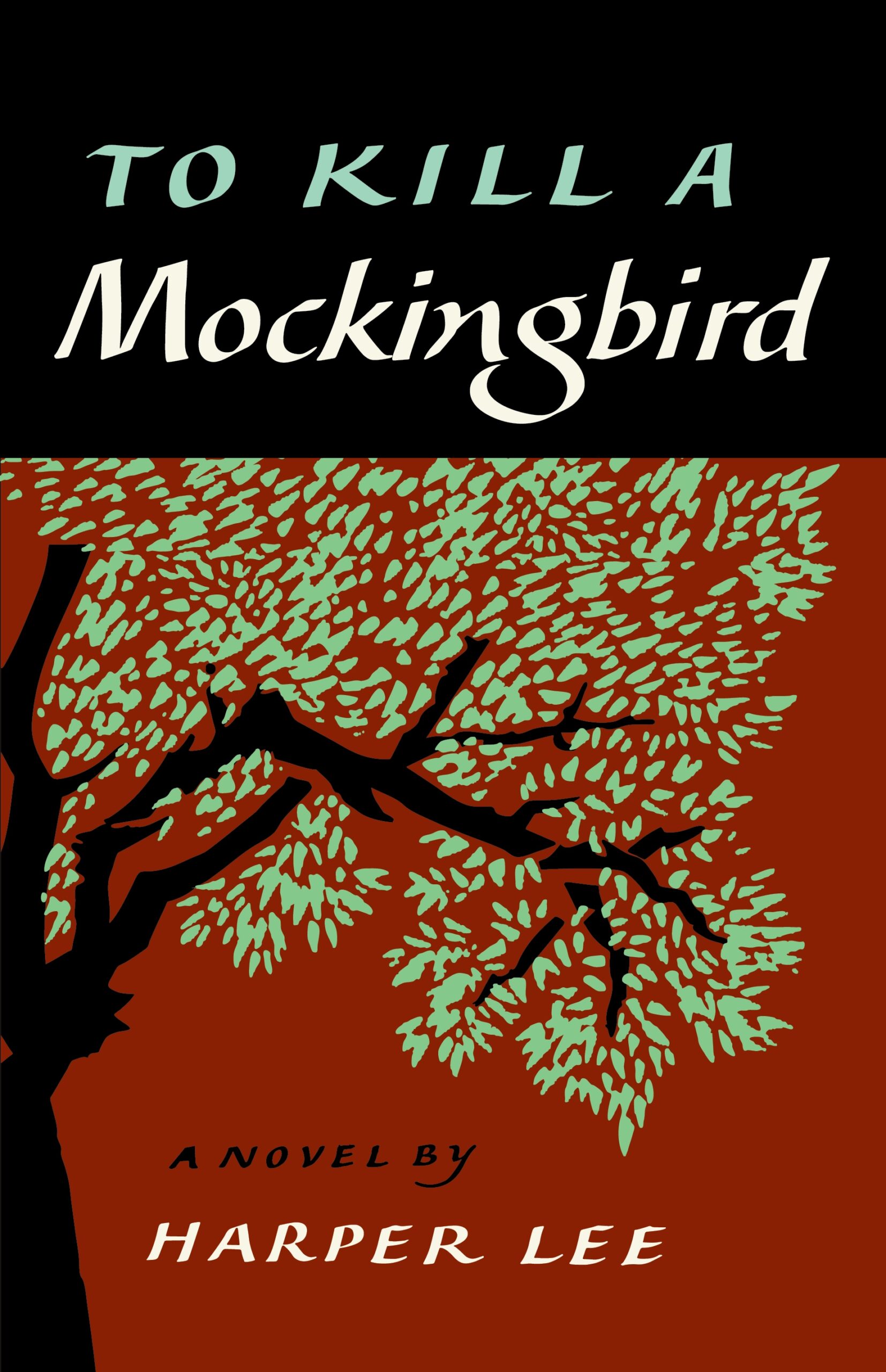
“1984” by George Orwell
Overview:
George Orwell’s “1984” presents a dystopian vision of a totalitarian society ruled by the oppressive Party led by Big Brother. The novel follows Winston Smith, a disillusioned bureaucrat who rebels against the Party’s surveillance and propaganda, only to face dire consequences. Through its chilling portrayal of government control and thought manipulation, Orwell warns of the dangers of authoritarianism and the erosion of individual freedom.
Critics Take:
Critics hail “1984” as a prophetic and thought-provoking work that remains relevant in today’s surveillance age. Orwell’s exploration of totalitarianism and propaganda continues to resonate with readers, sparking discussions about power, surveillance, and the nature of truth. However, some have criticized its bleak outlook and bleak outlook, arguing that it lacks nuance and fails to offer hope or solutions. Nevertheless, the novel’s impact on literature and popular culture is undeniable, cementing its status as a modern classic.
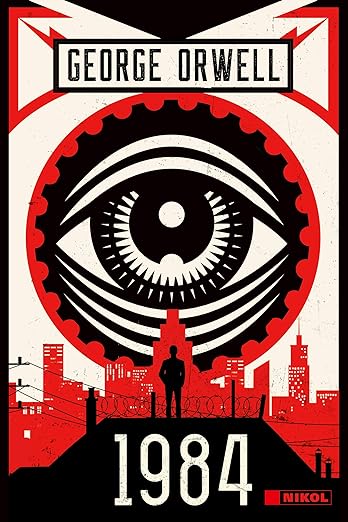
“The Great Gatsby” by F. Scott Fitzgerald
Overview:
F. Scott Fitzgerald’s “The Great Gatsby” is a quintessential American novel set in the roaring 1920s. Narrated by Nick Carraway, the story follows the enigmatic Jay Gatsby’s pursuit of the elusive Daisy Buchanan and his tragic downfall. Through its exploration of wealth, love, and the American Dream, the novel offers a poignant critique of the Jazz Age’s excesses and the hollowness of materialism.
Critics Take:
Critics praise “The Great Gatsby” for its lyrical prose, vivid imagery, and complex characters. Fitzgerald’s portrayal of Gatsby’s longing for the past and his ultimate disillusionment resonates with readers, capturing the essence of the American Dream’s elusive nature. However, some critics argue that the novel’s depiction of women and minorities is superficial and stereotypical, reflecting the era’s social prejudices. Despite these criticisms, “The Great Gatsby” endures as a timeless work of literature, celebrated for its evocative portrayal of the Jazz Age.
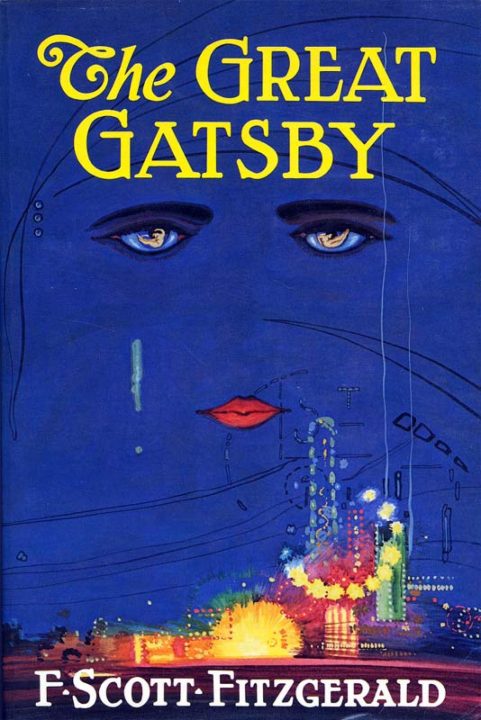
“Pride and Prejudice” by Jane Austen
Overview:
Jane Austen’s “Pride and Prejudice” is a beloved classic of English literature, renowned for its wit, charm, and timeless romance. Set in Regency-era England, the novel follows the spirited Elizabeth Bennet as she navigates the complexities of love and social hierarchy. At its heart is the tempestuous relationship between Elizabeth and the aloof Mr. Darcy, whose pride and prejudice threaten to keep them apart.
Critics Take:
Critics celebrate “Pride and Prejudice” for its sharp social commentary, rich characterizations, and sparkling dialogue. Austen’s exploration of class, marriage, and morality offers keen insights into the society of her time while remaining relevant to contemporary readers. However, some critics argue that the novel’s romanticized portrayal of marriage and limited focus on societal issues overlooks the harsh realities faced by women in the Regency era. Nevertheless, “Pride and Prejudice” continues to enchant readers with its wit and romance, earning its place as one of literature’s most beloved works.

“The Catcher in the Rye” by J.D. Salinger
Overview:
J.D. Salinger’s “The Catcher in the Rye” is a coming-of-age novel that has captivated generations of readers with its rebellious protagonist, Holden Caulfield. Set in post-World War II America, the novel follows Holden as he navigates adolescence, rebellion, and the loss of innocence during a tumultuous weekend in New York City.
Critics Take:
Critics laud “The Catcher in the Rye” for its authentic portrayal of teenage angst, alienation, and disillusionment. Salinger’s use of first-person narration allows readers to delve into Holden’s psyche, empathizing with his struggles and frustrations. However, some critics argue that Holden’s cynical outlook and repetitive narrative may alienate certain readers, while others question the novel’s relevance outside of its historical context. Despite these criticisms, “The Catcher in the Rye” remains a seminal work of American literature, sparking discussions about identity, adolescence, and the search for authenticity.
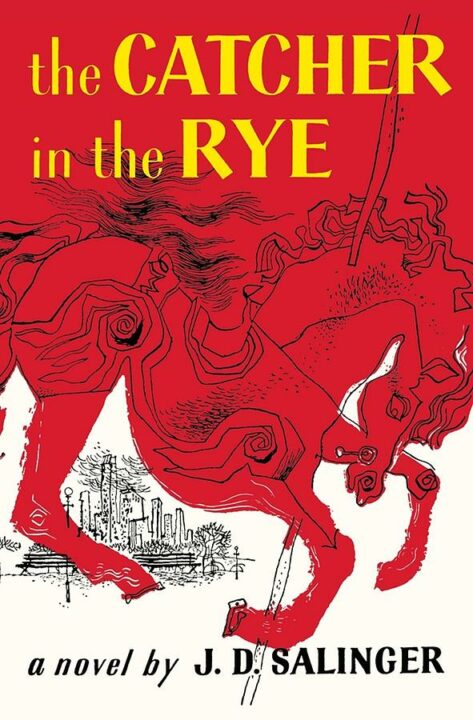
“The Lord of the Rings” by J.R.R. Tolkien
Overview:
J.R.R. Tolkien’s “The Lord of the Rings” is a fantasy epic that has captured the imagination of readers worldwide with its rich mythology, epic battles, and unforgettable characters. Set in the fictional world of Middle-earth, the novel follows the hobbit Frodo Baggins as he embarks on a perilous quest to destroy the One Ring and defeat the dark lord Sauron.
Critics Take:
Critics praise “The Lord of the Rings” for its immersive world-building, intricate plot, and timeless themes of friendship, heroism, and sacrifice. Tolkien’s creation of languages, cultures, and histories adds depth and authenticity to Middle-earth, while his exploration of good versus evil resonates with readers of all ages. However, some critics argue that the novel’s dense prose and extensive lore may be daunting for casual readers, while others question its lack of diversity and representation. Despite these criticisms, “The Lord of the Rings” remains a beloved classic of fantasy literature, inspiring generations of readers and writers alike.
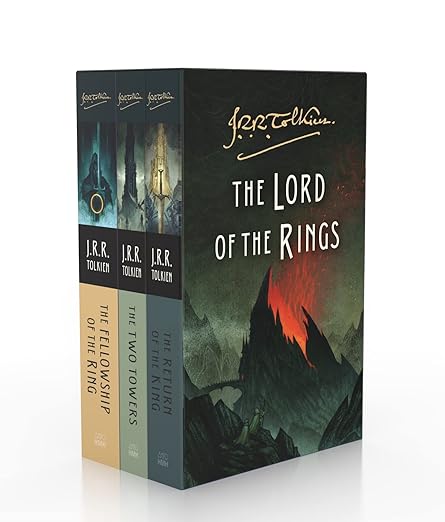
“Moby-Dick” by Herman Melville
Overview:
Herman Melville’s “Moby-Dick” is a sprawling epic that explores themes of obsession, revenge, and the nature of humanity. Narrated by the sailor Ishmael, the novel follows Captain Ahab’s relentless quest for vengeance against the elusive white whale, Moby Dick, leading to a harrowing confrontation with fate and the unknown.
Critics Take:
Critics hail “Moby-Dick” as a literary masterpiece, praised for its philosophical depth, poetic language, and existential themes. Melville’s exploration of man’s primal urges and the inherent struggle between civilization and the wilderness offers a profound meditation on the human condition. However, some critics find fault with the novel’s dense symbolism and digressive narrative, while others question its treatment of race and indigenous cultures. Despite these criticisms, “Moby-Dick” endures as a seminal work of American literature, challenging readers to confront the mysteries of the sea and the soul.
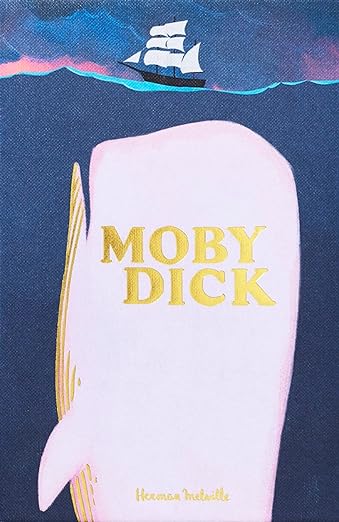
“The Adventures of Huckleberry Finn” by Mark Twain
Overview:
Mark Twain’s “The Adventures of Huckleberry Finn” is a classic American novel that follows the escapades of Huck Finn and his friend Jim, a runaway slave, as they journey down the Mississippi River in search of freedom and adventure. Set in the antebellum South, the novel tackles themes of race, identity, and morality against the backdrop of a changing society.
Critics Take:
Critics praise “The Adventures of Huckleberry Finn” for its satirical wit, colorful characters, and vivid depiction of Southern life. Twain’s use of vernacular language and dialect adds authenticity to the narrative, while his exploration of social injustice and hypocrisy remains relevant to contemporary readers. However, the novel has also faced criticism for its use of racial slurs and portrayal of African American characters, leading to debates about censorship and cultural sensitivity. Despite these controversies, “The Adventures of Huckleberry Finn” endures as a seminal work of American literature, challenging readers to confront the complexities of race and morality.
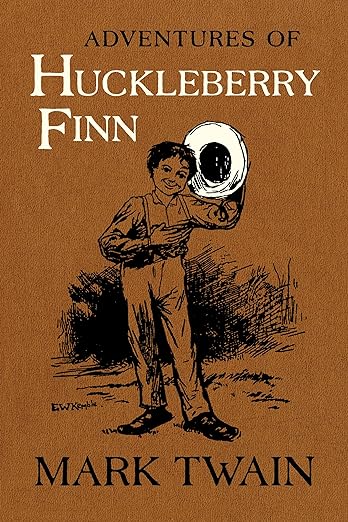
“War and Peace” by Leo Tolstoy
Overview:
Leo Tolstoy’s “War and Peace” is a sweeping epic that chronicles the lives of Russian aristocrats during the Napoleonic Wars. Set against the backdrop of historical events, the novel interweaves the personal dramas of its characters with the larger forces of history, exploring themes of love, fate, and the search for meaning in a chaotic world.
Critics Take:
Critics hail “War and Peace” as one of the greatest novels ever written, praised for its epic scope, intricate plot, and profound insights into human nature. Tolstoy’s meticulous attention to detail and rich character development bring 19th-century Russia to life, while his philosophical musings on war, politics, and religion add depth and complexity to the narrative. However, some critics find fault with the novel’s sprawling length and digressive passages, which can be challenging for modern readers. Despite these criticisms, “War and Peace” remains a towering achievement of world literature, inspiring admiration and awe for its ambitious scope and timeless themes.
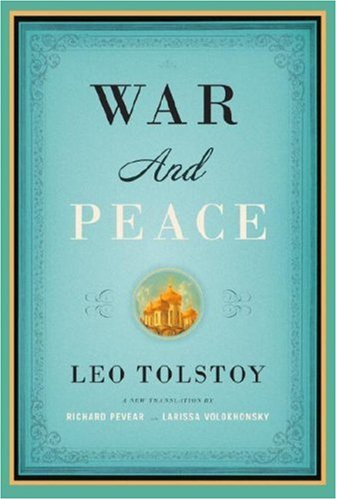
“The Odyssey” by Homer
Overview:
Homer’s “The Odyssey” is an ancient Greek epic poem that follows the adventures of the hero Odysseus as he attempts to return home to Ithaca after the Trojan War. Filled with mythological creatures, divine interventions, and epic battles, the poem explores themes of heroism, fate, and the nature of identity.
Critics Take:
Critics celebrate “The Odyssey” as a foundational work of Western literature, praised for its epic scope, lyrical language, and enduring themes. Homer’s vivid imagery and storytelling prowess transport readers to the mythical world of ancient Greece, where gods and mortals collide in epic battles and personal quests. However, some critics question the poem’s portrayal of gender and its treatment of female characters, while others debate its authorship and historical accuracy. Despite these controversies, “The Odyssey” remains a timeless masterpiece, captivating readers with its timeless tales of adventure, love, and destiny.
This completes the overview and critics’ take on the top 10 greatest books of all time. Each of these works has left an indelible mark on literature, shaping the way we think about storytelling, humanity, and the human experience. Whether exploring the depths of the human soul or embarking on epic quests across mythical lands, these timeless classics continue to inspire and enrich readers around the world.
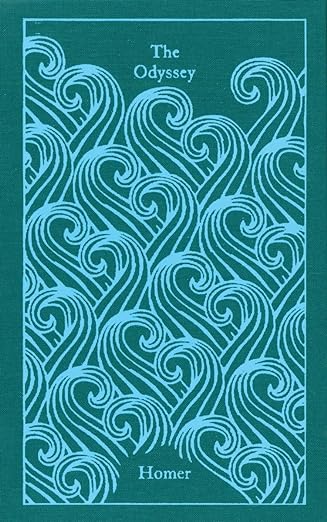
Best Sellers
A list of the most influential works in literary history. These bestsellers have shaped cultures, inspired numerous adaptations and discussions, and likely found a place on your bookshelves. Each has significantly impacted readers and scholars and continues to influence the arts and society.
| Author | Title | Year | Copies Sold |
|---|---|---|---|
| (Various Authors) | The Holy Bible | c. 1451-1455 | More than 6 Billion |
| Mao Tse-Tung | Quotations from Chairman Mao | 1966 | 900,000,000 |
| Noah Webster | The American Spelling Book | 1783 | Up to 100,000,000 |
| Mark C. Young | Guinness Book of World Records | 1955 | More than 90,000,000 |
| World Almanac Editors | World Almanac | 1868 | 73,500,000 |
| William Holmes McGuffey | The McGuffey Readers | 1836 | 60,000,000 |
| Benjamin Spock | The Common Sense Book of Baby and Child Care | 1946 | More than 50,000,000 |
| Elbert Hubbard | A Message to Garcia | 1899 | More than 40,000,000 |
| Charles Monroe Sheldon | In His Steps, What Would Jesus Do? | 1896 | More than 30,000,000 |
| Jacqueline Susann | Valley of the Dolls | 1966 | More than 30,000,000 |
Venturing through this curated list of the greatest books ever written illuminates the diverse tapestry of human thought and emotion. Each masterpiece, from the dystopian vision of “1984” to the tragic beauty of “To Kill a Mockingbird,” offers a unique lens through which to view the complexities of life and the richness of our shared human experience.
These timeless works, celebrated for their profound impact on literature and culture, challenge readers to explore beyond their boundaries. They not only stand as monumental achievements in storytelling but also as beacons of inspiration, inviting us on a journey of discovery, reflection, and profound understanding.

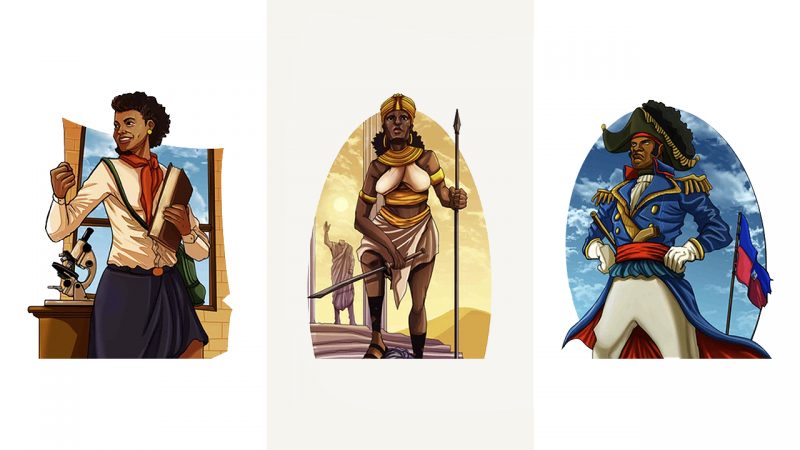
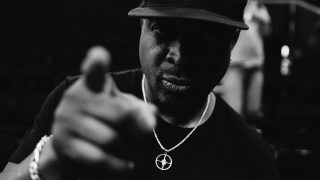
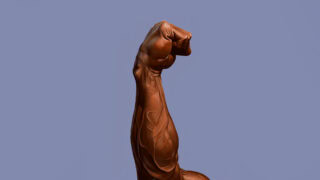


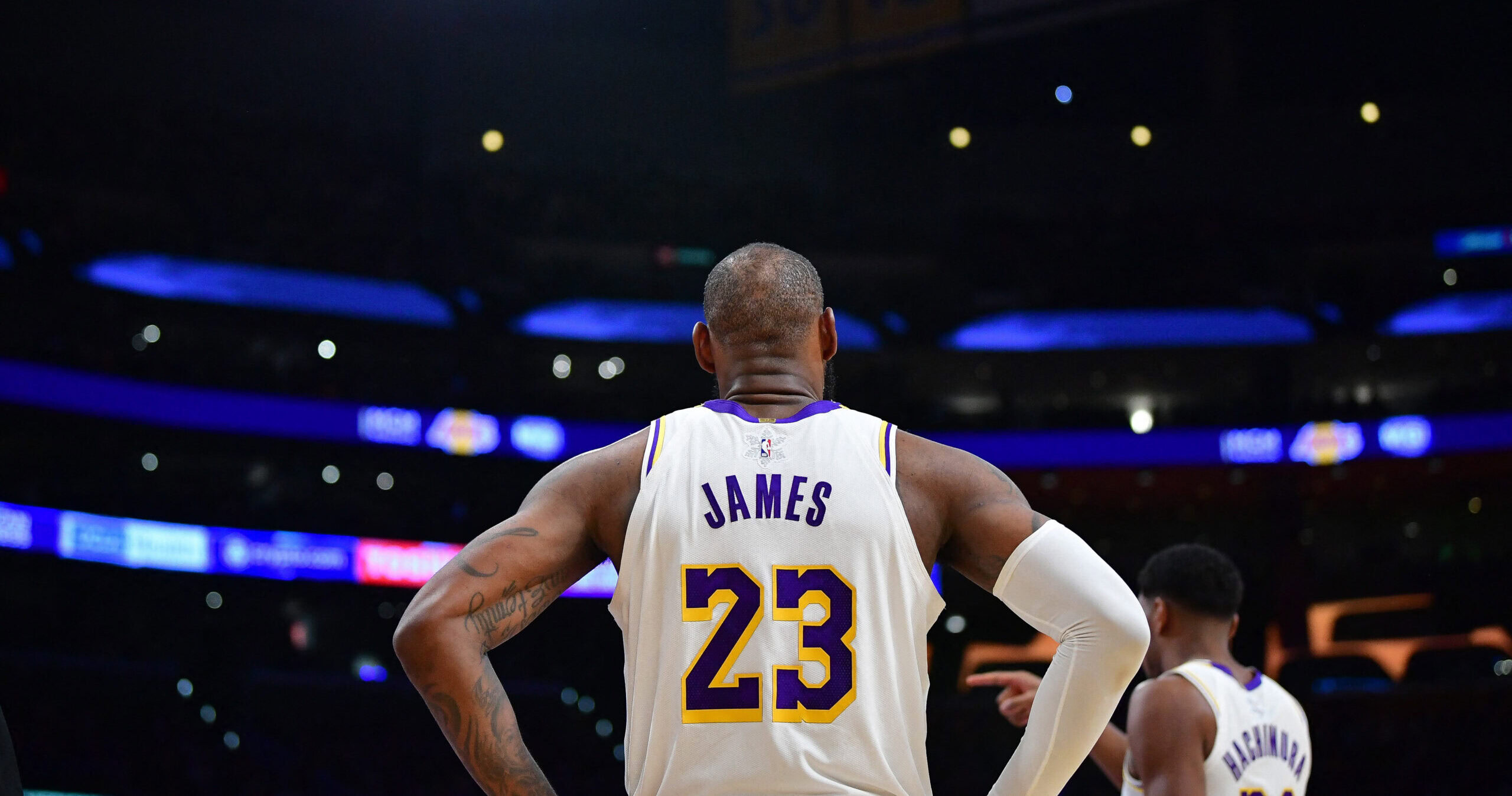
Leave a Reply